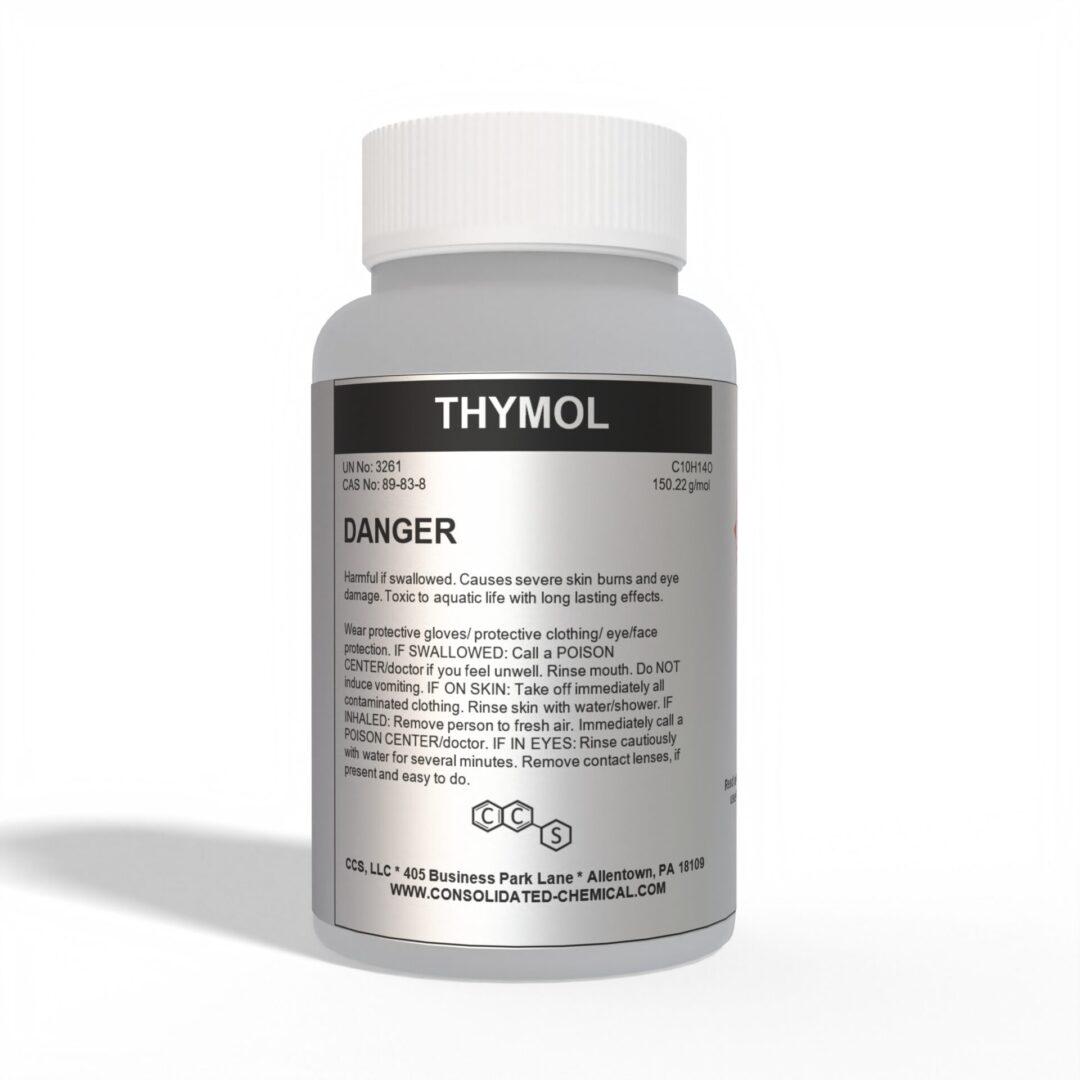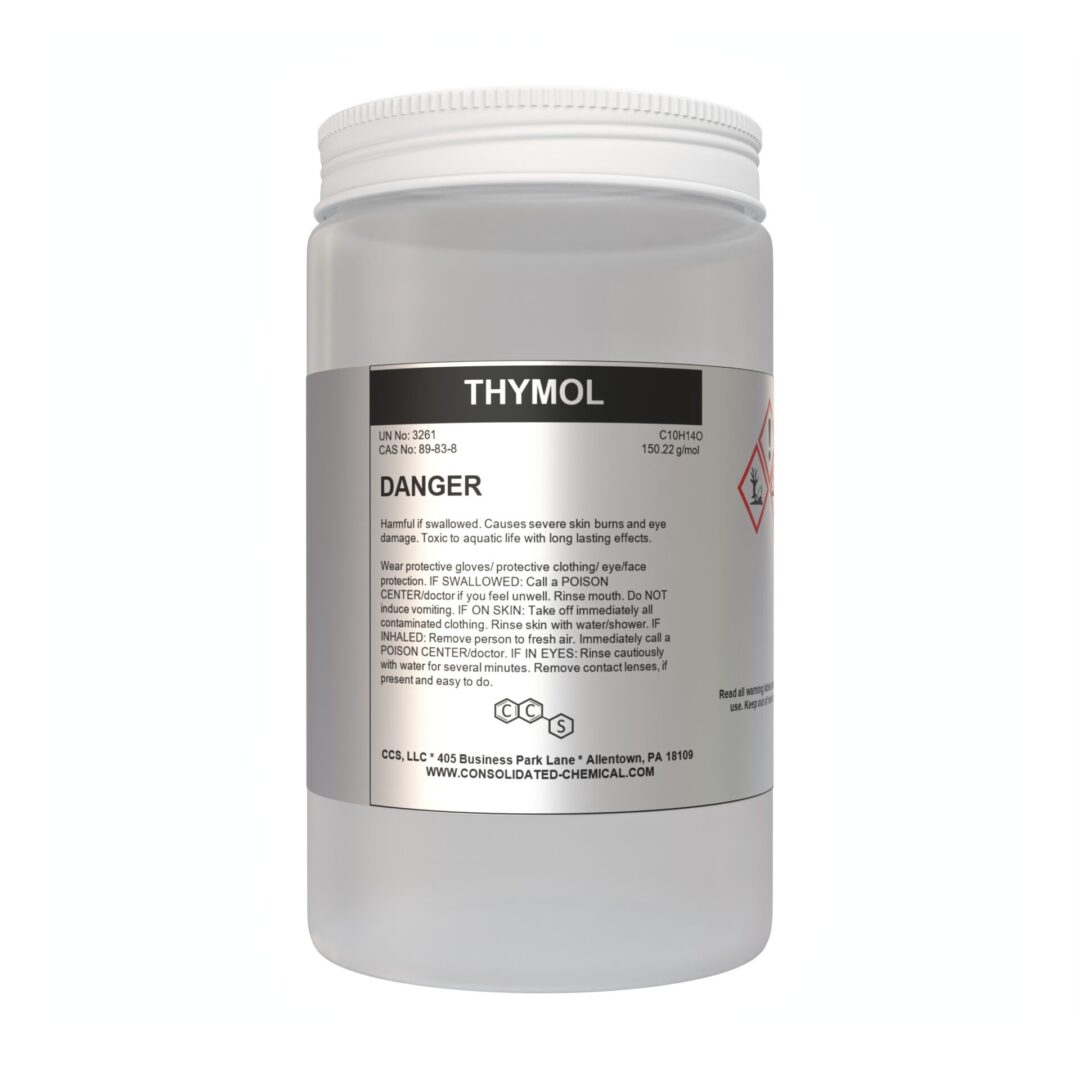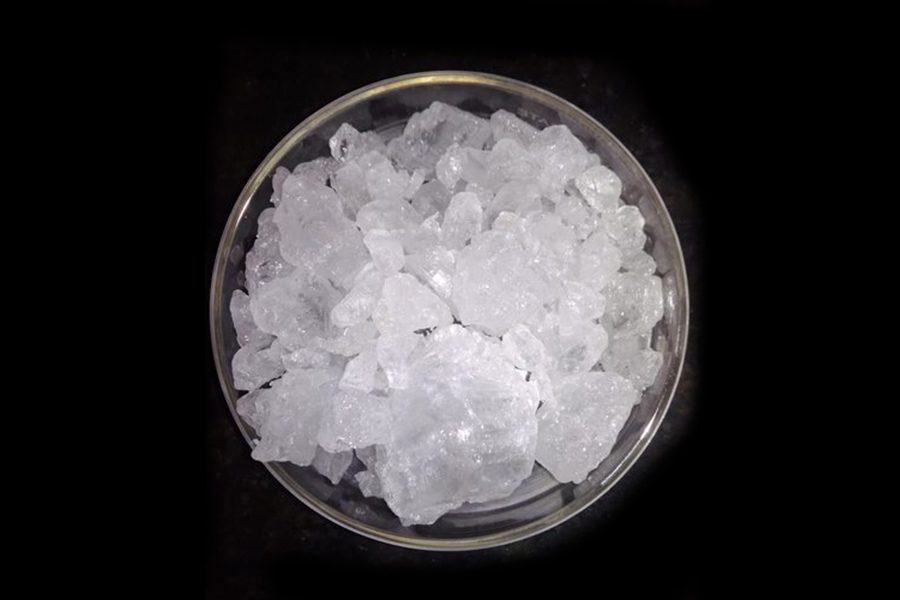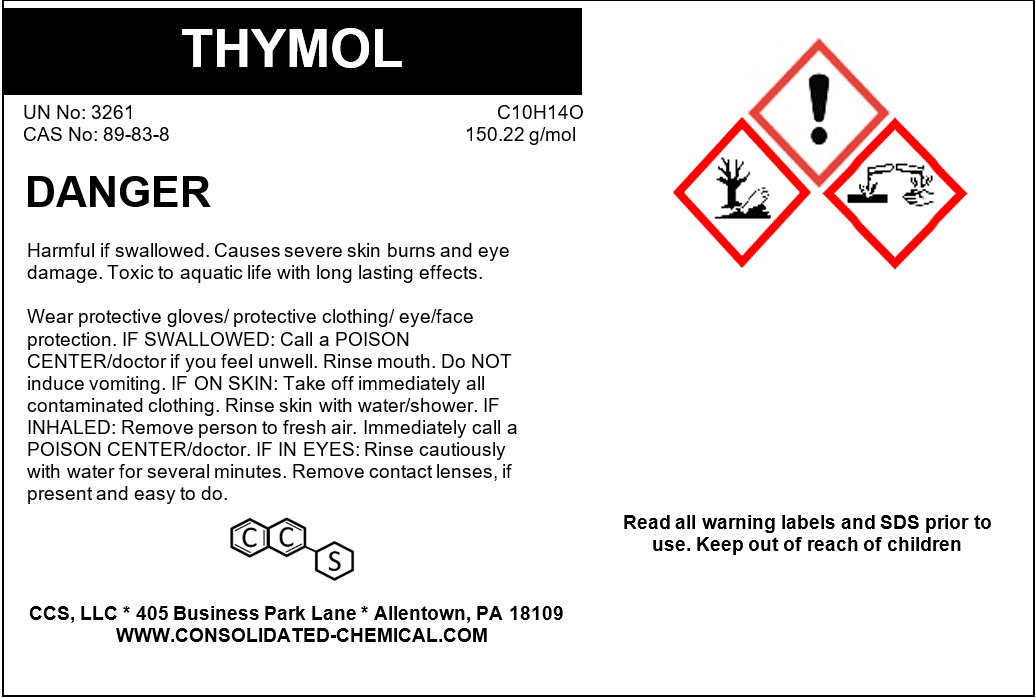Thymol Crystals High Purity Aroma Compound
$12.00 – $50.00
Chemical Information:
- Chemical Name: Thymol
- Chemical Formula: C10H14O
- IUPAC Name: 2-Isopropyl-5-methylphenol
- CAS Number: 89-83-8
- Molecular Weight: 150.22 g/mol
Physical Properties:
- Appearance: White crystalline solid
- Odor: Characteristic warm, herbal, and slightly medicinal aroma
- Melting Point: 48°C – 51°C (118°F – 124°F)
- Boiling Point: 233°C (451°F)
- Density: ~1.03 g/cm³ at 25°C
- Solubility:
- Slightly soluble in water (~1 g/L)
- Freely soluble in alcohol, ether, and chloroform
Chemical Properties:
- pH (in Aqueous Solution): Neutral to slightly acidic (~7)
- Flash Point: ~120°C (248°F)
- Stability: Stable under recommended storage conditions; avoid heat, light, and strong oxidizing agents.
- Reactivity: Reacts with strong oxidizing agents and acids.
Purity & Grade:
- Purity: ≥ 99%
- Grade: Food Grade / Pharmaceutical Grade / Industrial Grade (as specified)
Documents: Safety Data Sheet (SDS)
Description
Thymol crystals are a naturally occurring organic compound extracted from thyme oil and other aromatic plants. Known for their strong antimicrobial, antifungal, and antiseptic properties, thymol crystals are widely used in pharmaceuticals, cosmetics, and agricultural products. These high-purity crystals are ideal for various applications requiring preservation, disinfection, or therapeutic benefits.
Applications of Thymol Crystals
Pharmaceutical and Medicinal Applications
- Antiseptic Agent: Used in mouthwashes, lozenges, and topical ointments for its antimicrobial properties.
- Antifungal and Antibacterial: Effective in formulations targeting skin and nail infections.
- Respiratory Relief: Incorporated into vaporizers and chest rubs to alleviate congestion and cold symptoms.
Personal Care and Cosmetics
- Skincare Products: Added to creams, lotions, and cleansers for its antibacterial benefits.
- Oral Care: Commonly used in toothpaste and mouthwash for its ability to combat oral bacteria and freshen breath.
- Hair Care: Included in shampoos and hair treatments for its antifungal properties to manage dandruff.
Aromatherapy and Perfumery
- Aroma Enhancer: Provides a warm, herbal, and slightly medicinal fragrance in essential oil blends and perfumes.
- Therapeutic Oils: Used in aromatherapy for its calming and antimicrobial effects.
Food and Beverage Industry
- Flavoring Agent: Used in small quantities to add a warm, herbal note to food and beverages.
- Preservative: Acts as a natural preservative due to its antimicrobial properties.
Cleaning and Disinfection
- Disinfectant Formulations: Key ingredient in eco-friendly cleaning products to kill germs and bacteria.
- Natural Cleaner: Used in household and industrial cleaning solutions for its effectiveness against microbes.
Agricultural Applications
- Pest Control: Used as a natural pesticide and insect repellent in agricultural and household settings.
- Livestock Health: Incorporated into veterinary products to improve animal hygiene and reduce infections.
Research and Development
- Chemical Studies: Used as a precursor in synthesizing other compounds in laboratory settings.
- Bioactive Compound Testing: Studied for its potential applications in medicine, food preservation, and more.
Traditional Medicine
- Ayurvedic and Herbal Remedies: Used in traditional formulations to treat respiratory and digestive ailments.
Storage:
- Temperature: Store in a cool, dry, and well-ventilated area, ideally at 15°C–25°C (59°F–77°F).
- Humidity: Avoid exposure to high humidity to prevent clumping or degradation.
- Containers: Keep in tightly sealed, airtight containers made of compatible materials (e.g., glass, HDPE).
- Light Protection: Protect from direct sunlight and strong light sources to preserve quality.
- Segregation: Store away from strong oxidizers, acids, and combustible materials.
Handling:
- Personal Protective Equipment (PPE): Wear gloves, safety goggles, and a dust mask to minimize exposure.
- Ventilation: Handle in a well-ventilated area to avoid inhalation of dust or vapors.
- Avoid Contact: Prevent direct contact with skin, eyes, and clothing. Wash thoroughly after handling.
- Spill Cleanup:
- Contain spills with an inert absorbent material (e.g., sand or vermiculite).
- Clean the area with water and a suitable detergent.
- Fire Precautions: Thymol is flammable; avoid exposure to open flames or heat sources. Use non-sparking tools during handling.
Disposal:
- Dispose of unused material and packaging in accordance with local, regional, and national regulations.
- Do not release into the environment.
Additional information
| Size | 25 Grams, 250 Grams, 500 Grams, 1000 Grams |
|---|
Related products
-
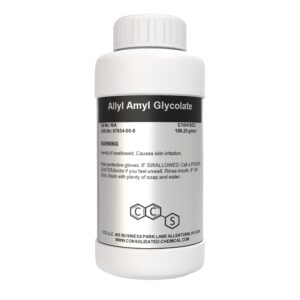
Allyl Amyl Glycolate | Premium Fragrance/Aroma Compound
$16.00 – $29.99 Select options This product has multiple variants. The options may be chosen on the product page -
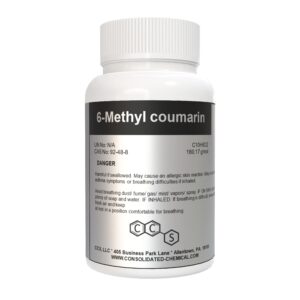
6-Methyl Coumarin | High-Purity Aroma & Industrial Compound
$12.99 – $19.99 Select options This product has multiple variants. The options may be chosen on the product page -
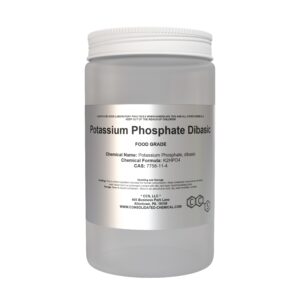
Potassium Phosphate, Dibasic – Food Grade Additive
$14.99 – $27.99 Select options This product has multiple variants. The options may be chosen on the product page -
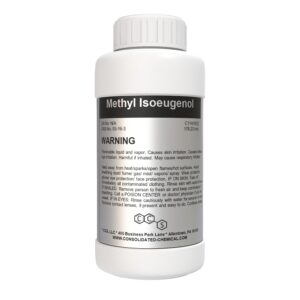
Methyl Isoeugenol – High-Quality Aroma and Flavor Ingredient – 30mL
$12.00 Add to cart
SKU: N/A
Categories: Flavoring Agent, Food Additive, Fragrances & Aromas (15), Herbicide, Industrial Chemical, Pesticide
Tags: Antimicrobial Agent, Antimicrobial Thymol, Aromatic Compound, Biochemical Reagent, Botanical Ingredient, Buy Thymol Crystals Online, Cleaning Agent, Essential Oil Component, Flavoring Agent, Food Grade Thymol, Herbal Extract, High Purity Thymol, High-Grade Thymol Crystals, Industrial Thymol, Lab Grade Thymol, Natural Antifungal, Natural Antiseptic, Natural Antiseptic Thymol, Natural Disinfectant, Natural Preservative, Natural Thymol Crystals, Organic Compound, Organic Thymol, Personal Care Ingredient, Pharmaceutical Grade Thymol, Premium Thymol Crystals, Skincare Additive, Sustainable Thymol, thymol, thymol Alibaba, thymol Amazon, thymol analytical reagent, thymol antibacterial, thymol antifungal, thymol antimicrobial, thymol antiseptic, thymol antiviral, thymol aroma, Thymol Aroma Compound, thymol biodegradable, thymol boiling point, thymol bulk, Thymol Bulk Supply, thymol CAS 89-83-8, thymol chemical, thymol chemical supplier, thymol chemical synthesis, thymol crystalline, thymol crystals, thymol demand, thymol density, thymol dental applications, thymol disinfectant, thymol distributor, thymol e-commerce, thymol eBay, thymol eco-friendly, thymol emerging markets, thymol environmental applications, thymol EPA registration, thymol essential oil, thymol factory, thymol FDA approval, thymol fine chemical, thymol fish farming, thymol flavoring agent, thymol food additive, Thymol for Aromatherapy, thymol for beekeeping, Thymol for Cleaning Products, Thymol for Cosmetics, Thymol for Disinfectants, Thymol for Essential Oils, Thymol for Flavoring, thymol for food preservation, thymol for gum health, Thymol for Medicinal Use, Thymol for Perfumery, Thymol for Personal Care, Thymol for Pharmaceuticals, Thymol for Research, Thymol for Skincare, thymol for water treatment, thymol formula, thymol fragrance, thymol GHS classification, thymol global supply chain, thymol green chemistry, thymol handling, thymol herbicide, thymol import export, thymol in adhesives, thymol in agriculture, thymol in air fresheners, thymol in animal feed, thymol in apiary treatment, thymol in aquaculture, thymol in beverages, thymol in chewing gum, thymol in coatings, thymol in colognes, thymol in conditioners, thymol in cosmetics, thymol in deodorants, thymol in detergents, thymol in food industry, thymol in fragrances, thymol in hair care, thymol in herbal teas, thymol in herbs, thymol in home fragrances, thymol in household cleaning, thymol in industrial cleaning, thymol in lotions, thymol in medicine, thymol in mouthwash, thymol in oral care, thymol in organic synthesis, thymol in perfumes, thymol in personal care, thymol in pharmaceuticals synthesis, thymol in polymer chemistry, thymol in resins, thymol in sanitizers, thymol in scented candles, thymol in shampoos, thymol in skincare, thymol in soaps, thymol in spice extracts, thymol in thyme oil, thymol in toothpaste, thymol in veterinary medicine, thymol in wastewater treatment, thymol industrial applications, thymol industry trends, thymol innovations, thymol insect repellent, thymol international trade, thymol lab chemical, thymol livestock health, thymol manufacturer, thymol market, thymol melting point, thymol molecular formula, thymol molecular weight, thymol monoterpenoid, thymol MSDS, thymol natural alternative, thymol natural preservative, thymol natural source, thymol new applications, thymol odor, thymol patents, thymol pesticide, thymol pH, thymol pharmaceutical applications, thymol pharmaceutical grade, thymol phenol derivative, thymol poultry feed additive, thymol powder, thymol price, thymol procurement, thymol production plant, thymol properties, thymol raw material, thymol REACH compliance, thymol refractive index, thymol regulations, thymol research, thymol safety data, thymol SDS, thymol solubility, thymol sourcing, thymol specialty chemical, thymol storage, thymol structure, thymol supplier, thymol sustainable chemistry, thymol trade, thymol transportation, thymol Walmart, thymol wholesale

